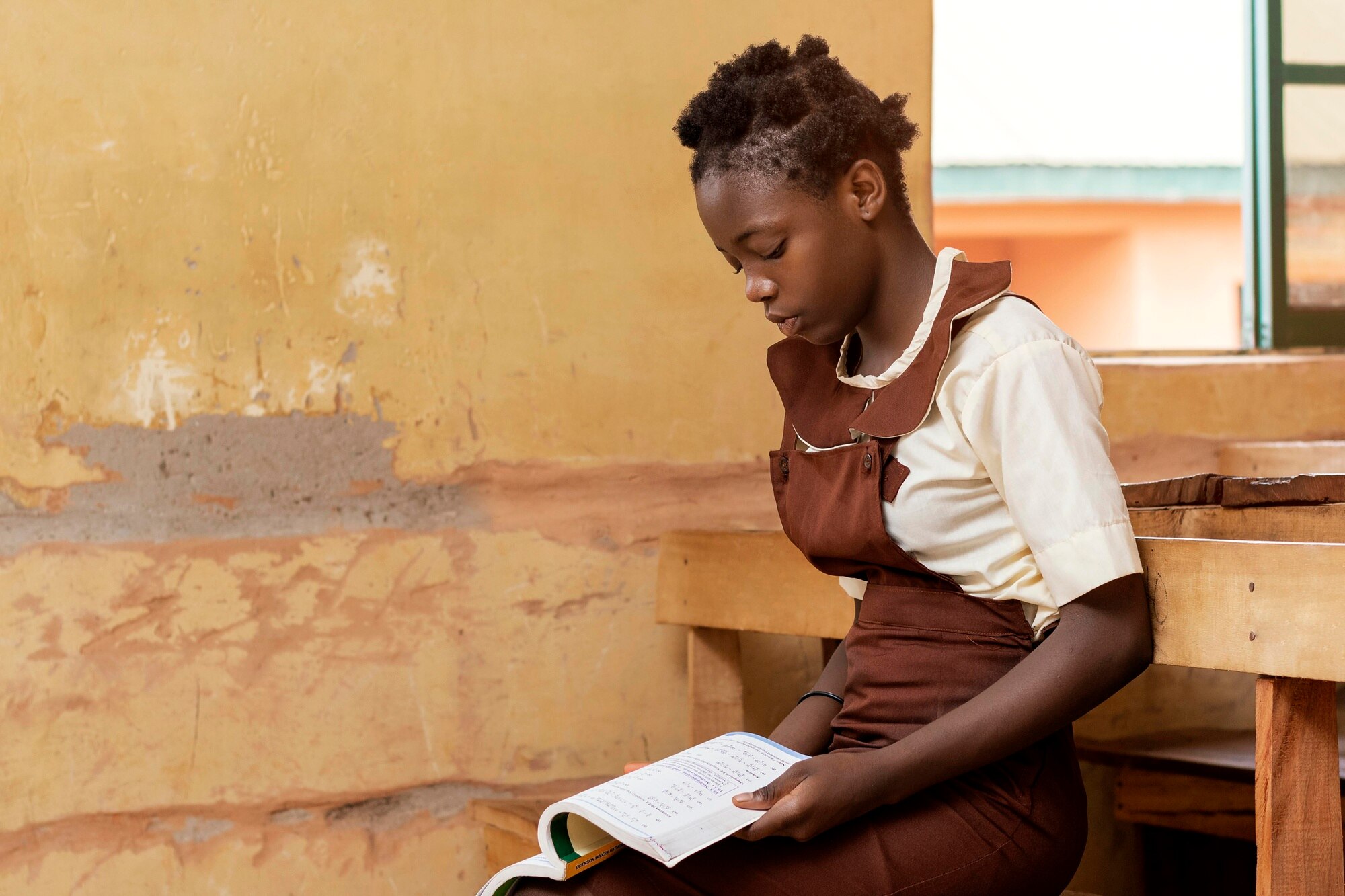
MDS was awarded the Piloting Social Protection and WASH Interventions to Keep Adolescent Girls in School. The objectives of the process evaluation were:
1. Process Evaluation. MDS supported the pilot by conducting a mixed methods process evaluation of the pilot and its results. This required working closely with the implementing agency, CIZ, as well as the World Bank task team and government counterparts from the Ministry of Public Service, Labour and Social Welfare (MPSLSW), Ministry of Primary and Secondary Education (MOPSE) and Ministry of Agriculture, Water and Rural Resettlement (MOA). Findings and lessons learned from the process evaluation were shared with Government of Zimbabwe, development, and humanitarian partners to inform social protection policy and in particular, future BEAM programming.
2. The process evaluation assessed the operational arrangements for layering support onto government programs (BEAM) across the project cycle including targeting, registration, payment activities (including methodology and efficiency of disbursements), monitoring, and closure. The evaluation also examined key structures and networks required for collaboration with the various
stakeholders involved, mainly GoZ officials in the Buhera district, school administration, community leaders, and other relevant community stakeholders. Simple, back-of-the-envelope assessments of cost efficiency and implications of the components and implementation arrangements (i.e. mobile money payments) were also carried out.
3. Assessed pilot results, particularly their association with school enrollment, retention, attendance, and performance. Results around the use of cash transfers, IGA, and awareness and use of WASH, gender, and positive parenting concepts were also captured. At a minimum, this required two rounds of data collection at baseline and end line to track progress on key indicators. The baseline data collection exercise was crucial in providing more detailed information on the current status of key indicators in Buhera, given that there had been no recent relevant data collection exercises in the county and changes are expected given the recent impact of COVID-19 and economic volatility.
4. Surveyed the community’s response and views on the project, including beneficiary households, non-beneficiary households in BEAM schools, community leaders, local government officials, and community workers, among others.
5. MDS was expected to participate in knowledge-sharing events with relevant stakeholders as relevant.

